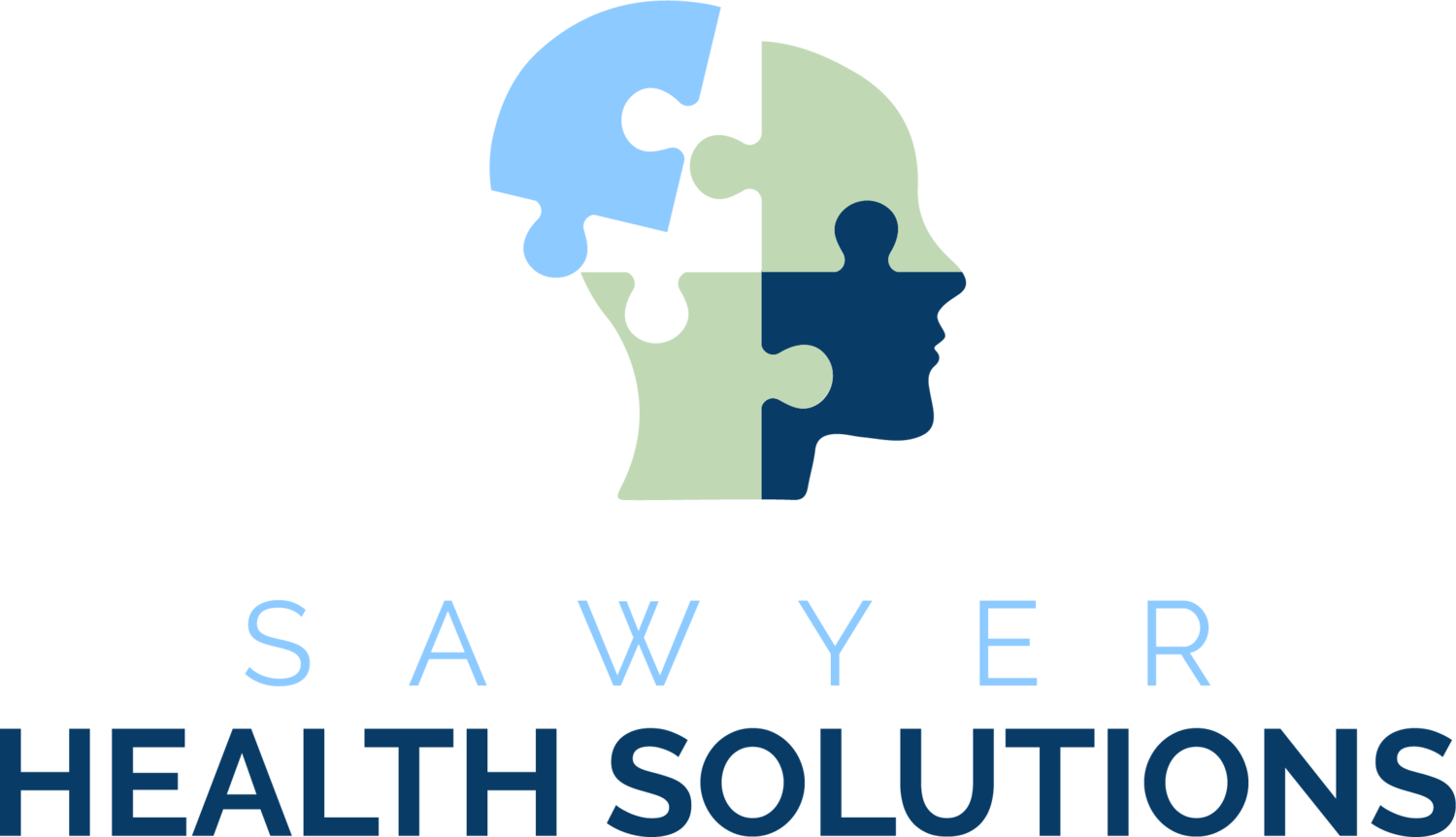How to Use Your Insurance to Stay Healthy and Avoid Unexpected Costs
Practical Tips for Using Insurance Benefits Effectively to Prevent Health Issues
For many middle-class Americans between 35 and 55, staying healthy is a top priority — and using your health insurance smartly is key to keeping unexpected medical bills at bay. Even if you feel healthy now, using your insurance benefits proactively can help prevent health problems and save money down the road.
Here’s how you can get the most out of your health insurance to stay healthy and avoid costly surprises.
1. Understand Your Coverage — Know What’s Included
Before you can use your insurance effectively, it’s important to understand what your plan covers. Plans vary widely in terms of premiums, deductibles, copays, and covered services.
Preventive care is often covered 100% under most health plans, thanks to the Affordable Care Act (ACA). This includes screenings for blood pressure, cholesterol, diabetes, and cancer, plus vaccines and annual wellness visits — all without a copay or deductible.
Knowing what services are fully covered can encourage you to get routine check-ups without worrying about costs.
According to the Kaiser Family Foundation, about 90% of ACA marketplace plans cover preventive services without out-of-pocket costs, so take advantage!
2. Schedule Annual Check-Ups and Screenings
Routine check-ups are your best defense against chronic diseases. At ages 35-55, common screenings include:
Blood pressure and cholesterol tests
Diabetes screening (especially if you have risk factors)
Cancer screenings like mammograms (starting at 40 or earlier if family history) and colorectal screening (starting at 45)
The CDC reports that early detection through screenings significantly improves outcomes and reduces treatment costs.
Use your insurance to book these appointments — since they’re typically free under most plans.
3. Utilize Telehealth Benefits
Telehealth has surged in popularity, especially since the pandemic. Many insurance plans now cover virtual visits for non-emergency care, often with lower copays.
For minor illnesses, medication refills, or mental health check-ins, telehealth can save time and money.
It’s an easy way to get quick care and avoid costly ER visits.
According to McKinsey, telehealth usage remains 38 times higher than pre-pandemic levels, and most insurers support this shift.
4. Know Your Network and Costs
Using in-network providers is a big way to save money. Insurance companies negotiate rates with doctors and hospitals in their networks, so staying in-network means lower costs for you.
Always check if your doctor, lab, or pharmacy is in-network before you get services.
Review your plan’s summary of benefits or use online tools your insurer provides.
Even healthy people can face unexpected medical needs. Using network providers can reduce your out-of-pocket costs by hundreds or even thousands of dollars.
5. Take Advantage of Health Savings Accounts (HSAs) if Eligible
If your plan is a high-deductible health plan (HDHP), you may be eligible to open an HSA.
HSAs let you save pre-tax money to pay for qualified medical expenses, including copays, prescriptions, and even some over-the-counter items.
Money you don’t spend rolls over year to year and grows tax-free.
The IRS reports that the average HSA balance increased by 15% in 2024, signaling more people are leveraging this powerful savings tool.
6. Don’t Ignore Mental Health Benefits
Mental health is part of overall wellness. Many plans cover counseling, therapy, and psychiatric services.
If you feel stressed, anxious, or depressed, use your insurance benefits to seek help early — preventing more serious health problems.
Virtual mental health services are often included too.
The National Alliance on Mental Illness (NAMI) says 1 in 5 adults experience mental illness each year, but many go untreated — so using your insurance here is critical.
7. Know How to Manage Prescription Costs
If you take medications, understanding your insurance’s prescription drug coverage can prevent surprises.
Use generic drugs when possible—they’re effective and cost less.
Check if your plan offers mail-order pharmacy options for lower costs.
Some insurers have preferred drug lists—ask your doctor if your medication is on that list.
Prescription drug spending is a top driver of health costs, so using your insurance wisely here can save you big.
8. Keep Records and Review Bills Carefully
Even with insurance, errors in billing can happen. Review your Explanation of Benefits (EOB) statements carefully.
Check that services and charges match what you received.
Don’t hesitate to call your insurer or provider’s billing office if something looks off.
Avoiding unexpected medical bills means staying informed and proactive.
9. Plan for the Unexpected with Supplemental Insurance
While you may be healthy now, accidents and illnesses can happen.
Supplemental plans like accident insurance or critical illness coverage can help cover out-of-pocket costs like copays, deductibles, and other expenses not covered by your main insurance.
This can provide peace of mind and financial protection.
10. Ask Questions and Use Resources
Insurance can be confusing. Don’t hesitate to:
Call your insurance company’s customer service to clarify benefits.
Use online portals and apps to track claims and coverage.
Consult with an insurance broker or advisor for personalized guidance.
Being proactive and informed helps you avoid surprises and use your insurance to its fullest.
Final Thoughts
Staying healthy and financially secure goes hand-in-hand. Using your health insurance benefits effectively — from preventive care and screenings to telehealth and prescription management — can help you avoid costly surprises and maintain your well-being.
Remember, your insurance is a tool designed to support your health journey. The more you understand and use it wisely, the better protected you’ll be — today and tomorrow.
If you have questions about your current health insurance plan or want help finding the best coverage to fit your needs, we’re here to help. Contact us anytime for expert guidance tailored to you and your family.
